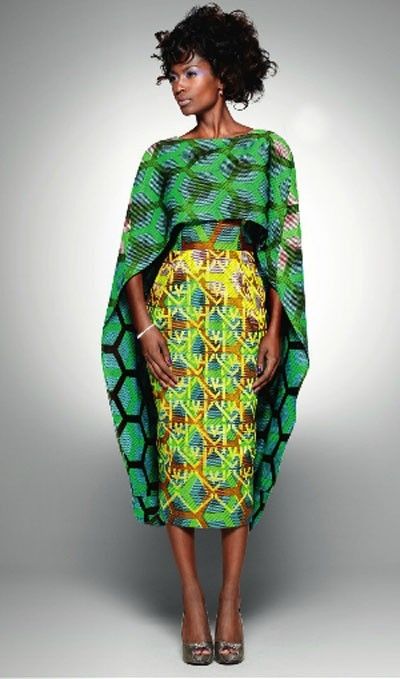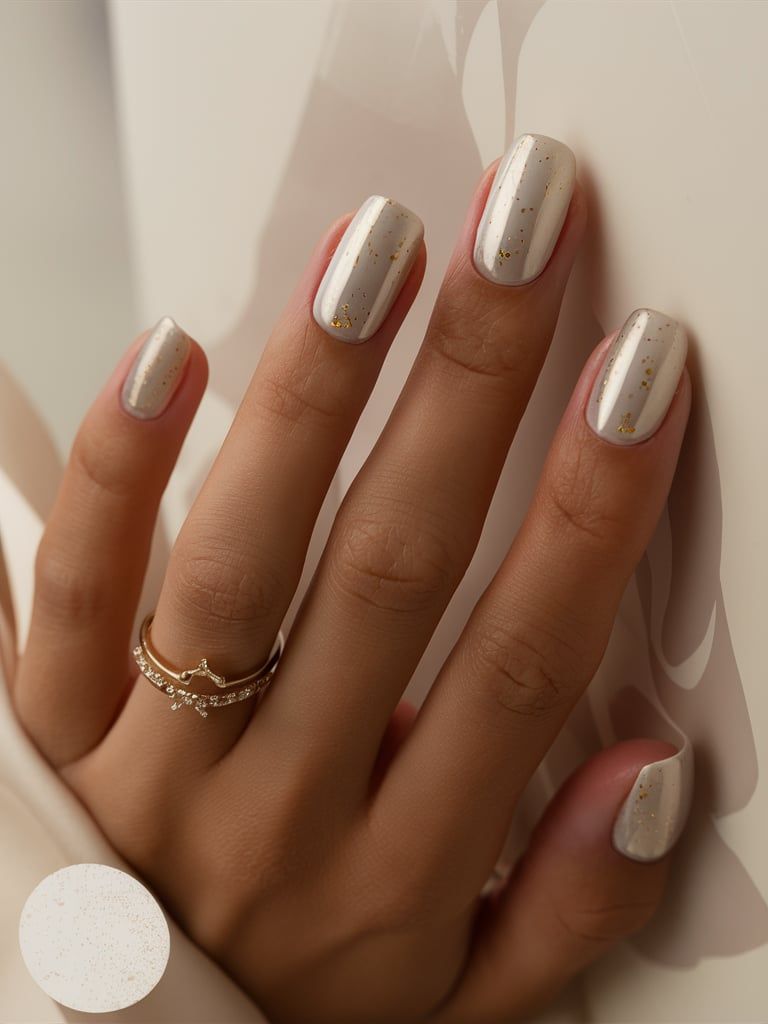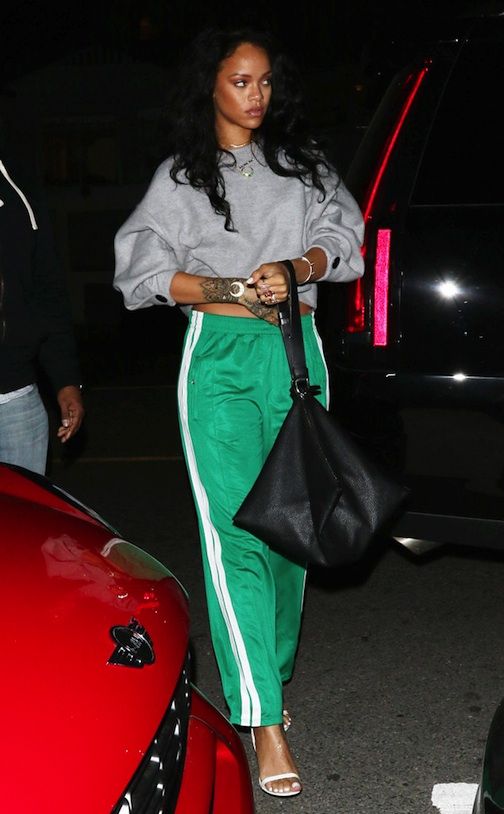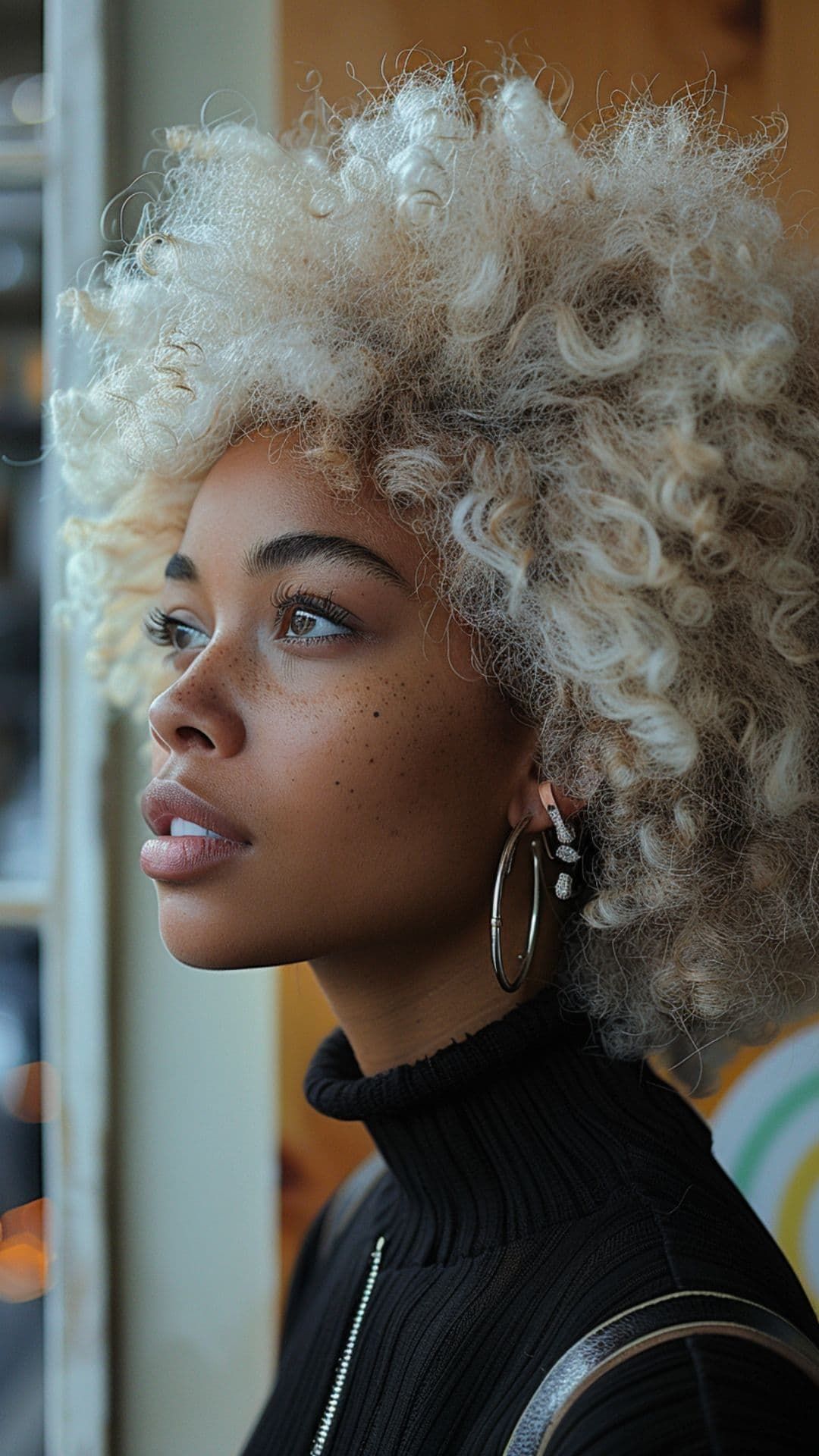As we celebrate the 50th anniversary of the founding of the Organization of African Unity on May 25, 2013, it is a time to reflect on the rich and diverse cultures of the African continent. One of the most fascinating aspects of African culture is its traditional clothing, which has undergone a revival in recent years with a modern twist. From the bold and vibrant patterns of West Africa to the intricate beadwork of the Maasai people, African fashion is both beautiful and deeply rooted in the continent’s history and traditions.
African fashion has gained international recognition in recent years, with African designers showcasing their creations on runways around the world. From the red carpet to street style, African-inspired clothing has become a global trend, with celebrities and fashionistas embracing the bold and colorful designs. This renewed interest in African fashion has not only brought attention to the continent’s rich cultural heritage but has also provided economic opportunities for local artisans and designers.
However, it’s important to note that African fashion is not a monolithic entity, but rather a diverse tapestry of traditions and styles that vary from region to region. Each African country has its own unique textile traditions, weaving techniques, and garment styles that reflect the history and values of its people.
In West Africa, traditional clothing often features brightly colored textiles, such as the iconic Kente cloth of Ghana or the vibrant Ankara prints of Nigeria. These fabrics are often used to create flowing robes, tunics, and headwraps that reflect the region’s rich history and cultural pride. In East Africa, the Maasai people are known for their distinctive red shuka cloth and beaded jewelry, which are often incorporated into modern fashion designs as a nod to their traditional heritage.
In southern Africa, the Ndebele people are famous for their bold and geometric beadwork, which is often used to adorn clothing and accessories. The intricate patterns and bright colors of Ndebele beadwork have inspired contemporary fashion designers, who incorporate these traditional motifs into their designs in innovative ways.
African fashion has also been influenced by the global diaspora, with African-American, Afro-Caribbean, and Afro-European communities incorporating African-inspired clothing into their everyday attire. This fusion of African and Western influences has given rise to new and exciting fashion trends, such as Afrocentric streetwear and contemporary African haute couture.
In recent years, there has been a growing movement to promote ethical and sustainable fashion practices in the African fashion industry. Many designers are now working with local artisans and using environmentally friendly materials to create their collections. By supporting ethical fashion brands, consumers can not only celebrate African culture through their clothing but also contribute to the economic empowerment of African communities.
As we embrace the summer season, incorporating elements of African fashion into our wardrobes can be a stylish way to pay homage to the continent’s rich cultural heritage. Whether it’s a bold Ankara print dress, a pair of beaded sandals, or a handwoven Kente cloth scarf, African-inspired clothing allows us to celebrate diversity and express our individuality through fashion.
In conclusion, African fashion is a vibrant and dynamic expression of the continent’s rich cultural heritage, encompassing a wide range of styles and traditions. By embracing African-inspired clothing, we not only celebrate the diversity of African culture but also support the livelihoods of local artisans and designers. As we commemorate the 50th anniversary of the Organization of African Unity, let us take this opportunity to honor the beauty and creativity of African fashion.
You can review our digital products by following us on Etsy.





